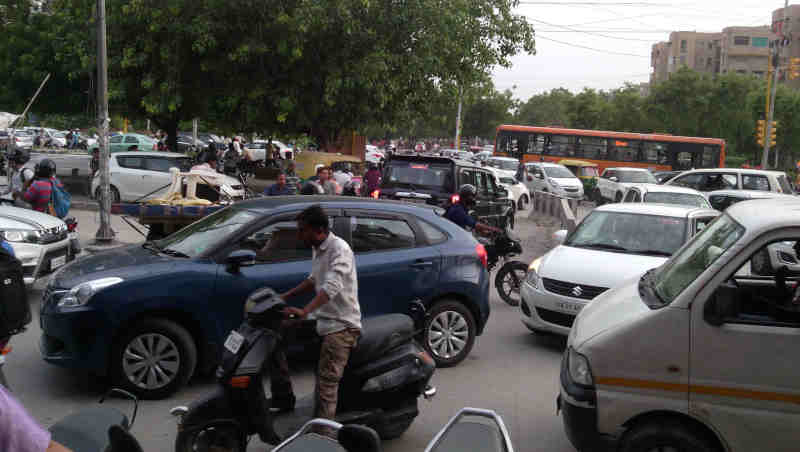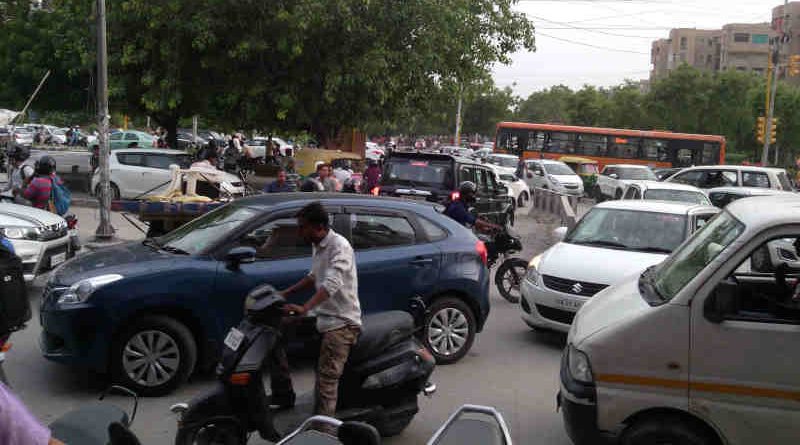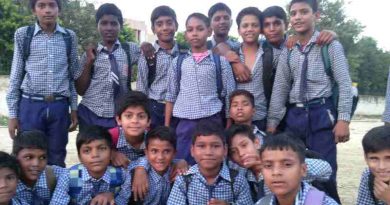Asia-Pacific Won’t Achieve Sustainable Development Goals

On its current trajectory, Asia and the Pacific will not achieve any of the 17 Sustainable Development Goals (SDGs) by 2030, according to a new report by the United Nations’ regional arm.
Findings by the United Nations Economic and Social Commission for Asia and the Pacific (ESCAP) show that for more than half the SDGs, progress has stagnated or heading in the wrong direction.
The situation is deteriorating when it comes to providing clean water and sanitation (SDG6), ensuring decent work and economic growth (SDG8) and supporting responsible consumption and production (SDG12).
The region has made progress towards ending poverty (SDG1) and ensuring all have access to quality education and lifelong learning (SDG4). Measures are also underway to achieve affordable and clean energy (SDG7). Yet even where good progress has been made, reveals the report, it is too slow for these goals to be met by 2030.
Launching the Asia and the Pacific SDG Progress Report 2019 at the 75th Commission session in Bangkok earlier this week, United Nations Under-Secretary-General and Executive Secretary of ESCAP Armida Alisjahbana called for urgent action to reverse these negative trends.
“I hope this report will contribute to targeting our efforts to accelerate progress towards all Goals and to strengthen the region’s commitment to improving the quality of data and statistics essential to measuring progress,” she said.
Many SDG targets related to the environment and natural resources are registering negative trends. Hazardous waste generation, the reduction in forest areas and the permanent water body extent are the three SDG indicators which are predicted to regress the most by 2030, compared to 2015.
The SDG Progress Report shows major differences in progress between the subregions of Asia and the Pacific which have recorded different successes and face different challenges. Each subregion needs to reverse existing trends for at least three Goals.
For example, East and North-East Asia is regressing in sustainable cities and communities (SDG11), climate action (SDG13) and life on land (SDG15). South-East Asia has moved backwards on SDG8, SDG13 and peace, justice and strong institutions (SDG16).
Meanwhile, South and South-West Asia is moving in the wrong direction on SDG6, SDG12 and SDG13. Since 2000, there has been a decline on gender equality (SDG5), SDG8 and SDG11 in North and Central Asia. The Pacific subregion has regressed on zero hunger (SDG2), SDG8, life below water (SDG14) and SDG16.
The lack of reliable data across all Goals and in all subregions is one of the Asia and the Pacific’s biggest challenges. Despite a significant increase in the availability of SDG indicators since 2017, data gaps remain for two thirds of the global SDG indicators. Nearly one-quarter of all SDG targets lacking evidence relate to the environment.
According to the report, there is scope for the region to make greater use of alternative data sources to complement traditional sources such as surveys and build a more accurate picture of progress towards the SDGs.
It also calls for Asia and the Pacific to strengthen its global partnerships and means of implementing the 2030 Agenda for Sustainable Development (SDG17). Progress towards this Goal is necessary to ensure the region has the means to finance, target and implement policy solutions. Failing to do so could jeopardise the achievement of all other Goals, the report warns.





